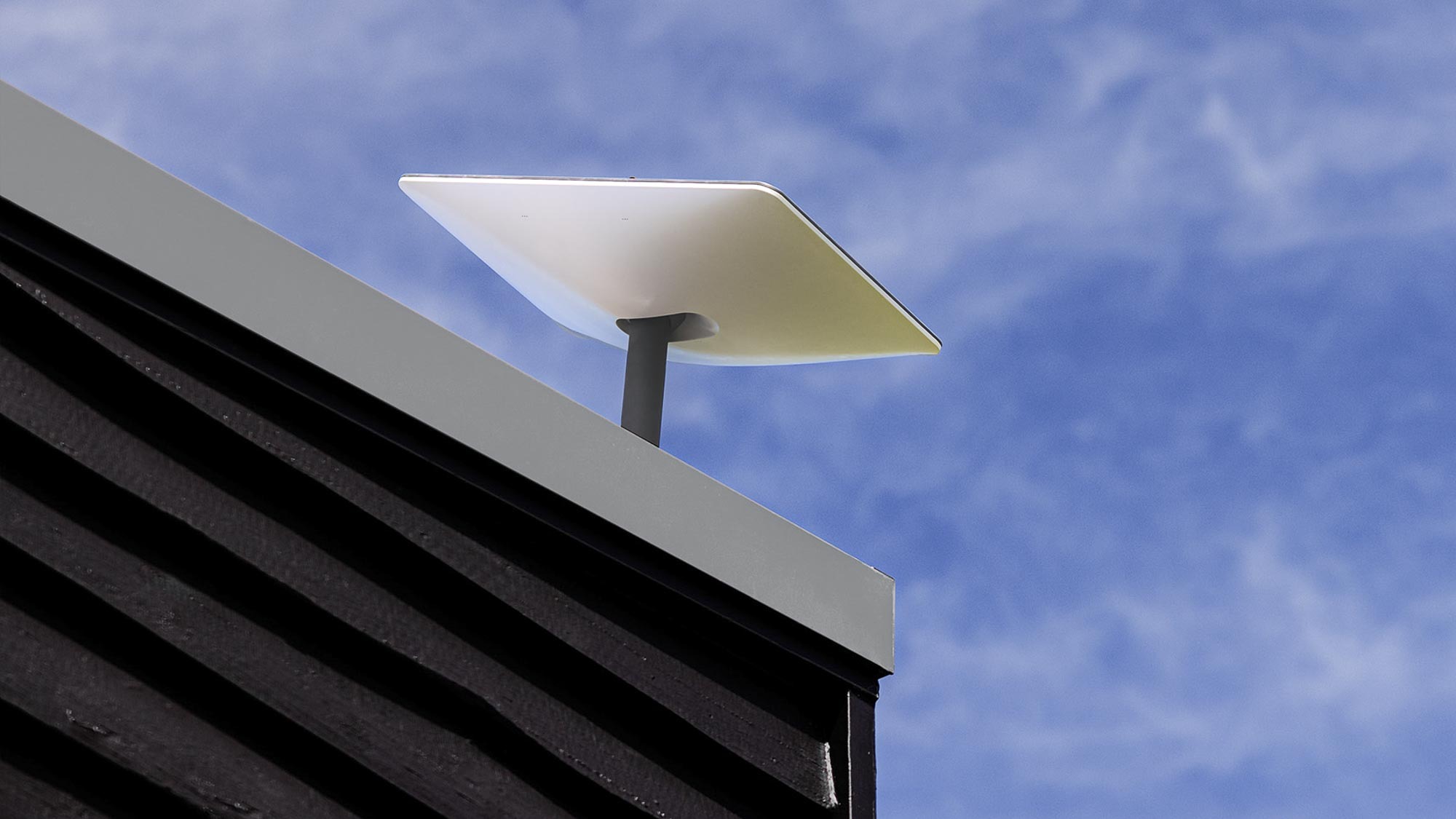Starlink just delayed controversial data cap — what you need to know
The cap is still happening, but not until February

Back at the start of November, SpaceX announced a controversial bit of news for its Starlink satellite internet service: data caps for residential subscribers. However, the company has now quietly delayed this move, though the cap will still be imposed sometime in the near future.
According to SpaceX, the cap would have imposed a 1TB limit on residential customers in the U.S. and Canada between the hours of 7 a.m. and 11 p.m. Going over that limit would see customers paying for additional data by the gigabyte or facing throttled speeds.
While this change was set to kick off sometime in December, CNET spotted a change on the Starlink fair usage policy. Now the new data won’t be getting implemented until February 2023. It’s not clear why this delay has been imposed, but it does mean customers have a little longer to figure out how they can adapt their internet usage.
Starlink fair usage policy — what’s changing
Starlink’s fair usage policy means all Residential Customers in the U.S. and Canada will be subject to a daytime data cap. According to Starlink each account will get 1TB of Priority Access data each month, to be used between the hours of 7 a.m. and 11 p.m. This will come into force on an unspecified date in February 2023.
Priority Access means that your usage is given favor over Basic Access users, so going over your 1TB limit will see your speeds throttled by an unspecified amount. You are essentially at the back of the line where downloads are concerned. However, Basic Access is unlimited, and means you won’t be cut off from the internet for using too much data. How usable this tier will be has yet to be determined.
Additional Priority Access data can be bought, with each additional gigabyte costing $0.25, but you need to opt into this service. It’s implied that this is done automatically, until a user opts out again, so you should exercise caution lest you end up with a horrendously expensive bill at the end of the month.
Any data used between 11:01 p.m. and 6:59 a.m. will be unrestricted, and won’t be deducted from your monthly allowance.
Sign up to get the BEST of Tom's Guide direct to your inbox.
Get instant access to breaking news, the hottest reviews, great deals and helpful tips.
All Business, Martime and Mobility customers will also be affected by this change, to differing degrees. Businesses will have caps ranging from 500GB to 3TB, depending on their plan, with extra Priority Access data costing $1 per gigabyte. Maritime users will have a 5TB cap, plus $2 for each gigabyte they user beyond it, while Mobility customers won't have any Priority Access data at all.
How Starlink’s new data cap affects you
1TB may not sound like a small amount of data, and it’s not. But as someone from a country where unlimited internet has been standard for a dozen or more years, it’s crazy to think those caps still exist — especially given how data-heavy things have become the past few years. Video games in particular have grown bigger and bigger, and it’s not uncommon to find games that are over 100GB in size.
And that’s not to mention the updates required for games, consoles, smartphones and all the other connected devices we have in our homes. It all adds up, is what I’m saying, and trying to restrict them all to a seven hour period in the middle of the night is going to be a hassle.
Of course, Starlink is not the only internet provider that has these sorts of data caps in place. There are multiple providers that offer similar (or worse) data caps that limit how much you can do in any given month. Then again there are providers that offer unlimited data on home internet, without any fine print imposing secret caps; assuming they are available in your area, and within your budget, of course.
So it’s not a huge surprise that data caps have come to Starlink, but it doesn’t mean people have to be happy about it. At least now you have a bit of time to figure out how you’re going to make that 1TB limit last as long as possible.
One thing you can do is make sure to turn off automatic updates in Windows, since its notorious for updating when it wants to. It also pays to familiarize yourself with the basics of how to update macOS, and the sorts of update settings available on the Xbox Series X and PS5. That way you can restrict data-heavy downloads to the unrestricted hours — and avoid running out of data without even realizing it.

Tom is the Tom's Guide's UK Phones Editor, tackling the latest smartphone news and vocally expressing his opinions about upcoming features or changes. It's long way from his days as editor of Gizmodo UK, when pretty much everything was on the table. He’s usually found trying to squeeze another giant Lego set onto the shelf, draining very large cups of coffee, or complaining about how terrible his Smart TV is.
